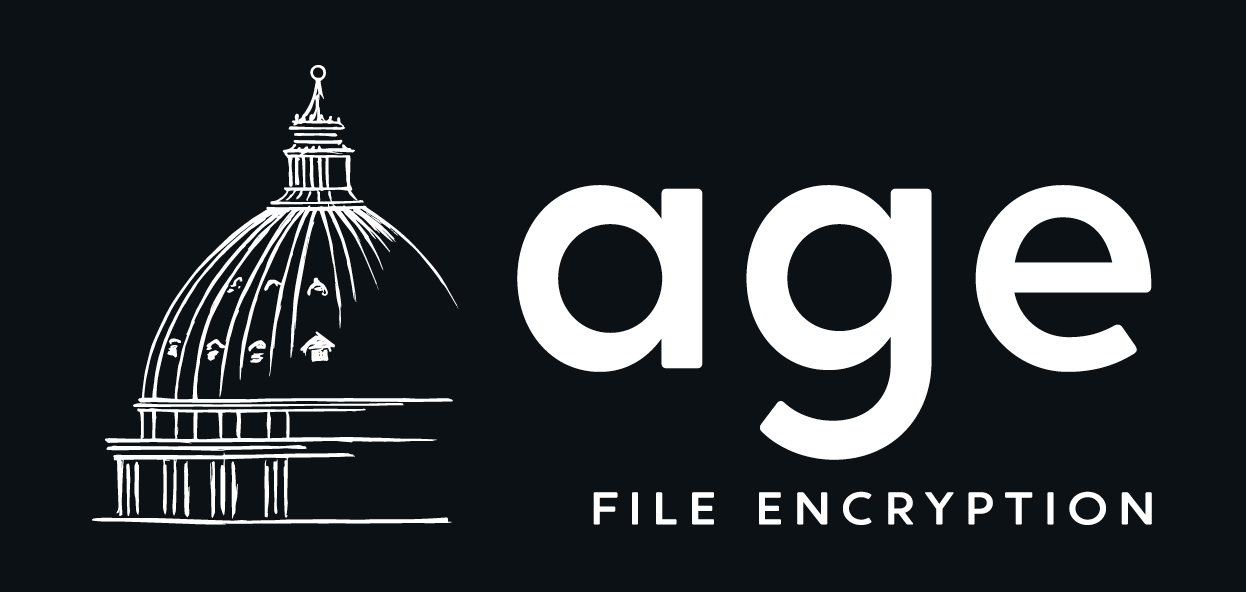mkcert
mkcert is a simple tool for making locally-trusted development certificates. It requires no configuration.
$ mkcert -install
Created a new local CA 💥
The local CA is now installed in the system trust store! ⚡️
The local CA is now installed in the Firefox trust store (requires browser restart)! 🦊
$ mkcert example.com "*.example.com" example.test localhost 127.0.0.1 ::1
Created a new certificate valid for the following names 📜
- "example.com"
- "*.example.com"
- "example.test"
- "localhost"
- "127.0.0.1"
- "::1"
The certificate is at "./example.com+5.pem" and the key at "./example.com+5-key.pem" ✅
Using certificates from real certificate authorities (CAs) for development can be dangerous or impossible (for hosts like example.test, localhost or 127.0.0.1), but self-signed certificates cause trust errors. Managing your own CA is the best solution, but usually involves arcane commands, specialized knowledge and manual steps.
mkcert automatically creates and installs a local CA in the system root store, and generates locally-trusted certificates. mkcert does not automatically configure servers to use the certificates, though, that's up to you.
Installation
Warning: the
rootCA-key.pemfile that mkcert automatically generates gives complete power to intercept secure requests from your machine. Do not share it.
macOS
On macOS, use Homebrew
brew install mkcert
brew install nss # if you use Firefox
or MacPorts.
sudo port selfupdate
sudo port install mkcert
sudo port install nss # if you use Firefox
Linux
On Linux, first install certutil.
sudo apt install libnss3-tools
-or-
sudo yum install nss-tools
-or-
sudo pacman -S nss
-or-
sudo zypper install mozilla-nss-tools
Then you can install using Homebrew on Linux
brew install mkcert
or build from source (requires Go 1.13+)
git clone https://github.com/FiloSottile/mkcert && cd mkcert
go build -ldflags "-X main.Version=$(git describe --tags)"
or use the pre-built binaries.
For Arch Linux users, mkcert is available on the official Arch Linux repository.
sudo pacman -Syu mkcert
Windows
On Windows, use Chocolatey
choco install mkcert
or use Scoop
scoop bucket add extras
scoop install mkcert
or build from source (requires Go 1.10+), or use the pre-built binaries.
If you're running into permission problems try running mkcert as an Administrator.
Supported root stores
mkcert supports the following root stores:
- macOS system store
- Windows system store
- Linux variants that provide either
update-ca-trust(Fedora, RHEL, CentOS) orupdate-ca-certificates(Ubuntu, Debian, OpenSUSE, SLES) ortrust(Arch)
- Firefox (macOS and Linux only)
- Chrome and Chromium
- Java (when
JAVA_HOMEis set)
To only install the local root CA into a subset of them, you can set the TRUST_STORES environment variable to a comma-separated list. Options are: "system", "java" and "nss" (includes Firefox).
Advanced topics
Advanced options
-cert-file FILE, -key-file FILE, -p12-file FILE
Customize the output paths.
-client
Generate a certificate for client authentication.
-ecdsa
Generate a certificate with an ECDSA key.
-pkcs12
Generate a ".p12" PKCS #12 file, also know as a ".pfx" file,
containing certificate and key for legacy applications.
-csr CSR
Generate a certificate based on the supplied CSR. Conflicts with
all other flags and arguments except -install and -cert-file.
Note: You must place these options before the domain names list.
Example
mkcert -key-file key.pem -cert-file cert.pem example.com *.example.com
S/MIME
mkcert automatically generates an S/MIME certificate if one of the supplied names is an email address.
mkcert [email protected]
Mobile devices
For the certificates to be trusted on mobile devices, you will have to install the root CA. It's the rootCA.pem file in the folder printed by mkcert -CAROOT.
On iOS, you can either use AirDrop, email the CA to yourself, or serve it from an HTTP server. After opening it, you need to install the profile in Settings > Profile Downloaded and then enable full trust in it.
For Android, you will have to install the CA and then enable user roots in the development build of your app. See this StackOverflow answer.
Using the root with Node.js
Node does not use the system root store, so it won't accept mkcert certificates automatically. Instead, you will have to set the NODE_EXTRA_CA_CERTS environment variable.
export NODE_EXTRA_CA_CERTS="$(mkcert -CAROOT)/rootCA.pem"
Changing the location of the CA files
The CA certificate and its key are stored in an application data folder in the user home. You usually don't have to worry about it, as installation is automated, but the location is printed by mkcert -CAROOT.
If you want to manage separate CAs, you can use the environment variable $CAROOT to set the folder where mkcert will place and look for the local CA files.
Installing the CA on other systems
Installing in the trust store does not require the CA key, so you can export the CA certificate and use mkcert to install it in other machines.
- Look for the
rootCA.pemfile inmkcert -CAROOT - copy it to a different machine
- set
$CAROOTto its directory - run
mkcert -install
Remember that mkcert is meant for development purposes, not production, so it should not be used on end users' machines, and that you should not export or share rootCA-key.pem.





